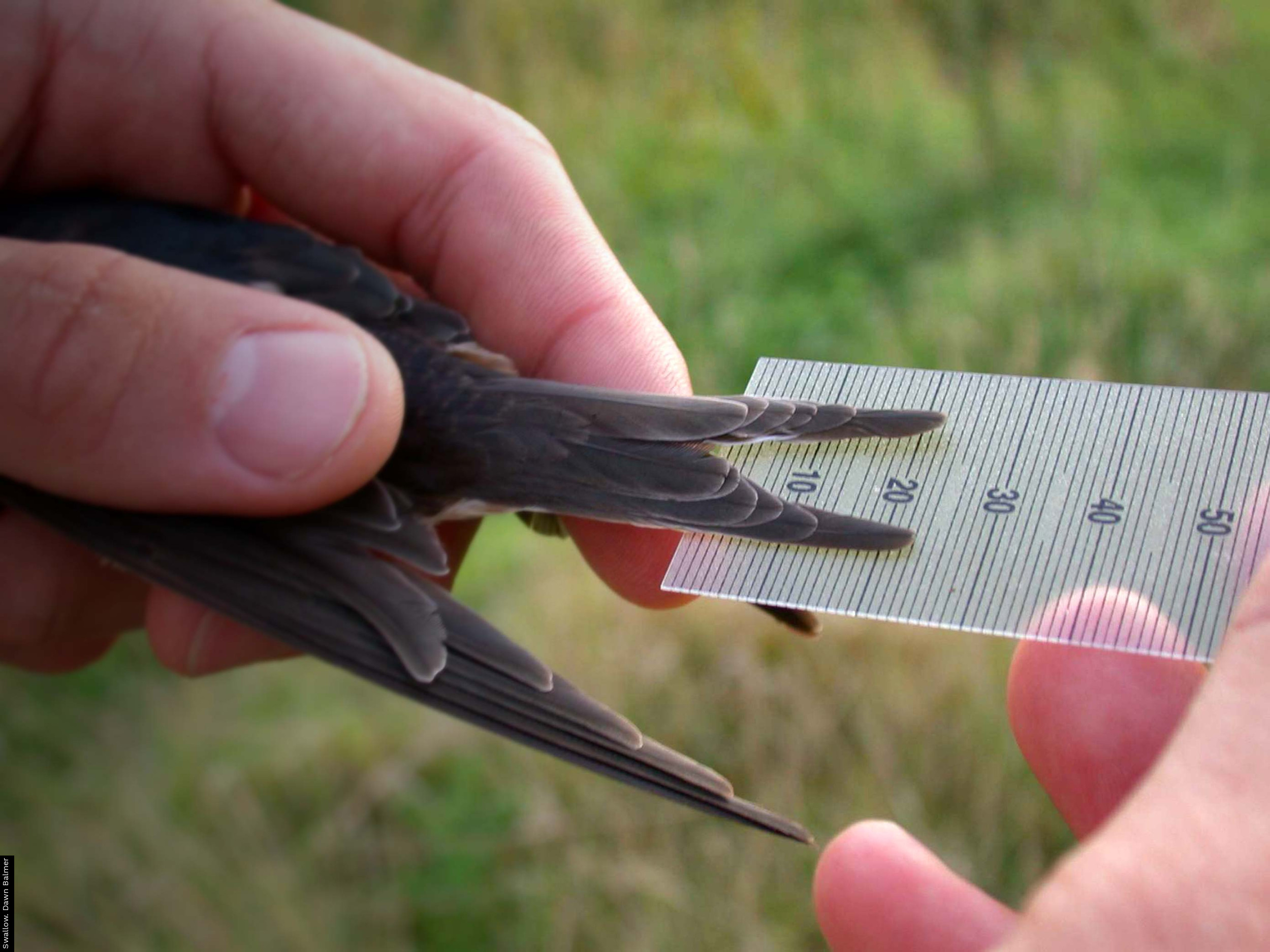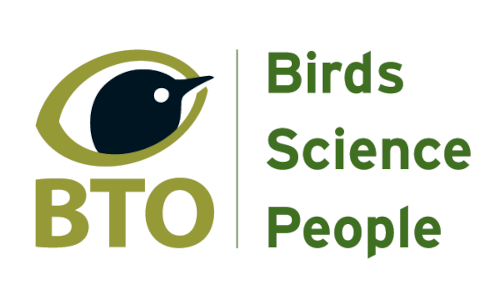What you need to know
Training to ring requires a significant commitment. Please read the summary below carefully to understand more about the Ringing Scheme. One of the sections relates to physical health and capabilities - BTO is committed to being an inclusive organisation, but also has a responsibility to make people aware of what learning to ring involves. You can also visit the ringing training webpage for more information on ringing, and contact ringing.licensing@bto.org if you have any further questions.
Working with your Trainer
- The Ringing Scheme operates a safeguarding policy that restricts training of young people to a subset of suitably qualified Trainers; if you are under the age of 18 you, or a parent/guardian, will need to contact staff directly at ringing.licensing@bto.org to register with a Trainer.
- Ringing Trainers are all volunteers, and are under no obligation to train anyone who approaches them with a request, or to continue training anyone that they have taken on.
- As Trainers ring in a voluntary capacity, it may take a few weeks for them to respond to you; please be patient and do not send further requests to them or new requests to other Trainers before they respond.
- Trainers are responsible for all activities undertaken by those volunteers they train. It is they, not BTO, who therefore decide how, where and when you can ring, noting that any direction should always be provided in a polite, respectful and inclusive manner and that you should never agree to anything that makes you feel uncomfortable or at risk. Conditions of training may include assistance with wider aspects of ringing, such as habitat management.
- If you feel that you are unable to continue with your Trainer, there is a process by which you can end the relationship and move to a new Trainer; ending the relationship can happen immediately but we cannot guarantee a simultaneous move to a new Trainer as it is dependent on the availability of an alternative.
What to expect
- Financial investment - The Ringing Scheme is part-funded by BTO and the Government but ringers also contribute to costs via an annual fee and through purchase of rings and equipment. Some Trainers may contribute to the costs incurred by their trainees but they are under no obligation to do so.
- Transport - Ringing is often undertaken in remote areas that are difficult to reach via public transport, so vehicle ownership is very useful; again, some Trainers may assist with transport but they are under no obligation to do so.
- Physical health - All ringing requires a high degree of manual dexterity and much of it is likely to take place on uneven, potentially rugged, ground; if your mobility is limited you may find some activities prohibitively challenging and, depending on the nature of their projects, some Trainers may be unable to provide accessible alternatives.
- Early starts - Many types of ringing require a relatively early start as birds are most active, and catching conditions are often best, at the start of the day.
- Rate of progression. With the agreement of their Trainer, trainees can ring with other sufficiently qualified volunteers but cannot ring unsupervised until they receive their C permit. The Trainer is responsible for putting their trainees forward for assessment and the length of training required to reach this stage is dependent on the aptitude of the Trainee, the frequency with which they ring and the type of unsupervised ringing they wish to undertake. For a trainee wishing to undertake mist netting of songbirds, the average time elapsed from registration to receiving a C permit is likely to be two to three years.










Share this page